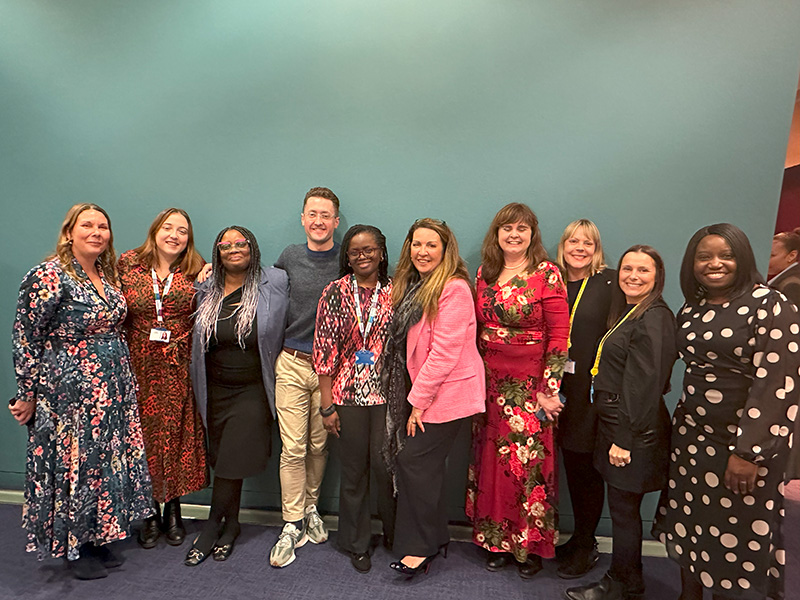The representation of women in leadership roles is a persistent issue in the workplace, and it is becoming increasingly clear that companies are at risk of losing the next generation of women leaders.
Women in leadership roles are changing occupation more frequently than their male counterparts and at a faster rate largely down to the numerous challenges they face when it comes to career advancement in many organizations.
The statistics are alarming. According to a report by McKinsey, only one in four C-Suite executives is a woman, and just one in 20 is a woman of colour. Additionally, Women Entrepreneur India reports that women executives are twice as likely as men executives to be mistaken for a lower-level employee, and compared to 27% of men leaders, 37% of women leaders have had a co-worker receive credit for an idea. The representation of women in technical roles has also decreased, from 18% in 2018 to 16% in 2022, and women in these roles are twice as likely to claim they are typically the only women in the room at work. Furthermore, the Department of Labour reveals that women are paid on average 83 percent of what men are, with women of colour only earning about 57 percent of what white non-Hispanic men earn.
These issues have led to an environment in which many women still experience microaggressions that undermine their authority, making it much harder for them to advance in the workplace. Female leaders are also often overworked and overlooked, left without recognition for their talents. This leads to complete burnout, and as a result, women are leaving the workplace in search of more inclusive and supportive environments.
Companies need to take action to prevent this loss of talent. So, what can be done?
Diversity, Equity, and Inclusion
The first step is to prioritize DEI efforts within the workplace. McKinsey revealed that women leaders are more than 1.5x as likely as men at their level to have left a previous job because they wanted to work for a company that was more committed to DEI.
Flexible Working
Flexible working is another important consideration. Choice is paramount for women, and the pandemic has shown that working remotely is possible and that hybrid working can improve work/life balance. Flexibility is becoming a non-negotiable for women looking to progress their careers, and companies who don’t provide flexible working options risk losing their female talent to the vast number of businesses out there that do.
Male Allyship
Finally, male allyship is crucial in addressing gender imbalance in the workplace. Addressing such a large issue involves difficult conversations, and men must be included in those conversation. Male allies within a workplace can be instrumental in creating a more inclusive and supportive environment for women.
Male Allyship in the workplace can come in many forms form something like making an effort to publicly celebrate a female colleagues’ achievements to calling out inappropriate comments and other microaggressions from peers. The most important element of allyship is a willingness to engage in challenging conversations and reflect on one’s own behaviour, its impacts and the example it sets to others.
As well as the actions men can take to be better allies, there are the actions men can avoid. Sometimes, by doing less, men can do more to support their female colleagues. For example, turning down an invite to speak on an all-male panel and recommending a female colleague instead. These small actions play a huge part in moving the needle when it comes to gender equality.
The loss of women leaders is a serious problem for companies. It quite simply means the loss of valuable talent. To prevent this, companies must prioritize DEI efforts, offer flexible working options, and include men in the conversation about gender imbalance. By taking these steps, companies can create a more inclusive and supportive environment for women and prevent the loss of the next generation of female leaders.
About the author
Katya Kim is a Leadership Development Consultant and the Founder of WhizzMind. Having spent 14 years in HR and Talent, Katya gained her experience with multinational pharmaceutical companies, as well as within the retail, tech and fashion industries. She is a proud immigrant, passionate about DEI and supporting young people in their career development. Katya’s business, WhizzMind, helps expats and managers of international teams to become effective leaders, develop a great work culture, and have healthy work-life balance. WhizzMind specialises in developing people managers, by providing leadership skills and soft skills training.








